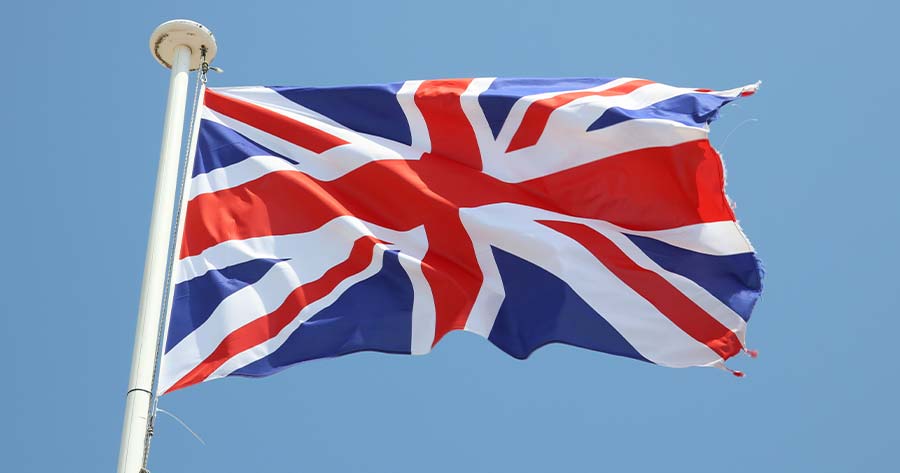The recent £26 billion ($33 billion) tax hike on businesses by UK Chancellor Rachel Reeves could negatively impact employment. Data from Bloomberg Economics shows that companies may offset the increased burden by laying off employees, potentially costing up to 130,000 jobs.
To prevent higher National Insurance Contributions, corporates could opt to slash working hours and jobs, which could raise the UK’s unemployment rate by 0.4 percentage points. The Bank of England (BOE) Governor Andrew Bailey has cautioned that layoffs could be more significant due to labor hoarding in recent years, meaning that businesses will make an easy choice to let their employees go.
Alternatively, businesses may raise prices to protect profit margins, which could push inflation up by 0.9 percentage points one year after the tax hike takes effect in April.
Both outcomes; unemployment and inflation, undermine Reeves’s goal of making Britain the fastest-growing economy in the G7. Additionally, these consequences could complicate the BOE’s interest rate decisions, as each scenario would likely trigger different responses.
Bloomberg Economics initially predicted the tax hike would have a broad impact on prices, wages, and profit margins. However, their new analysis suggests that the effects could become more concentrated if businesses pass on the costs through specific channels.
Economists Ana Andrade and Dan Hanson wrote that if unemployment rises, interest rates may need to fall faster than previously expected. On the other hand, if inflation rises, the BOE is likely to slow the rate cuts to ensure the inflation spike is temporary.
The BOE is currently analyzing the potential effects of the tax hike and plans to release its own analysis soon.




